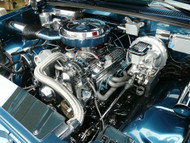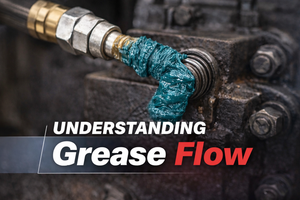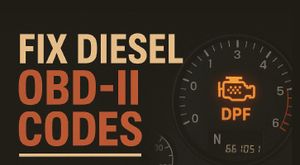How the V-8 Engine Sound is Made
By on Apr 29 2018
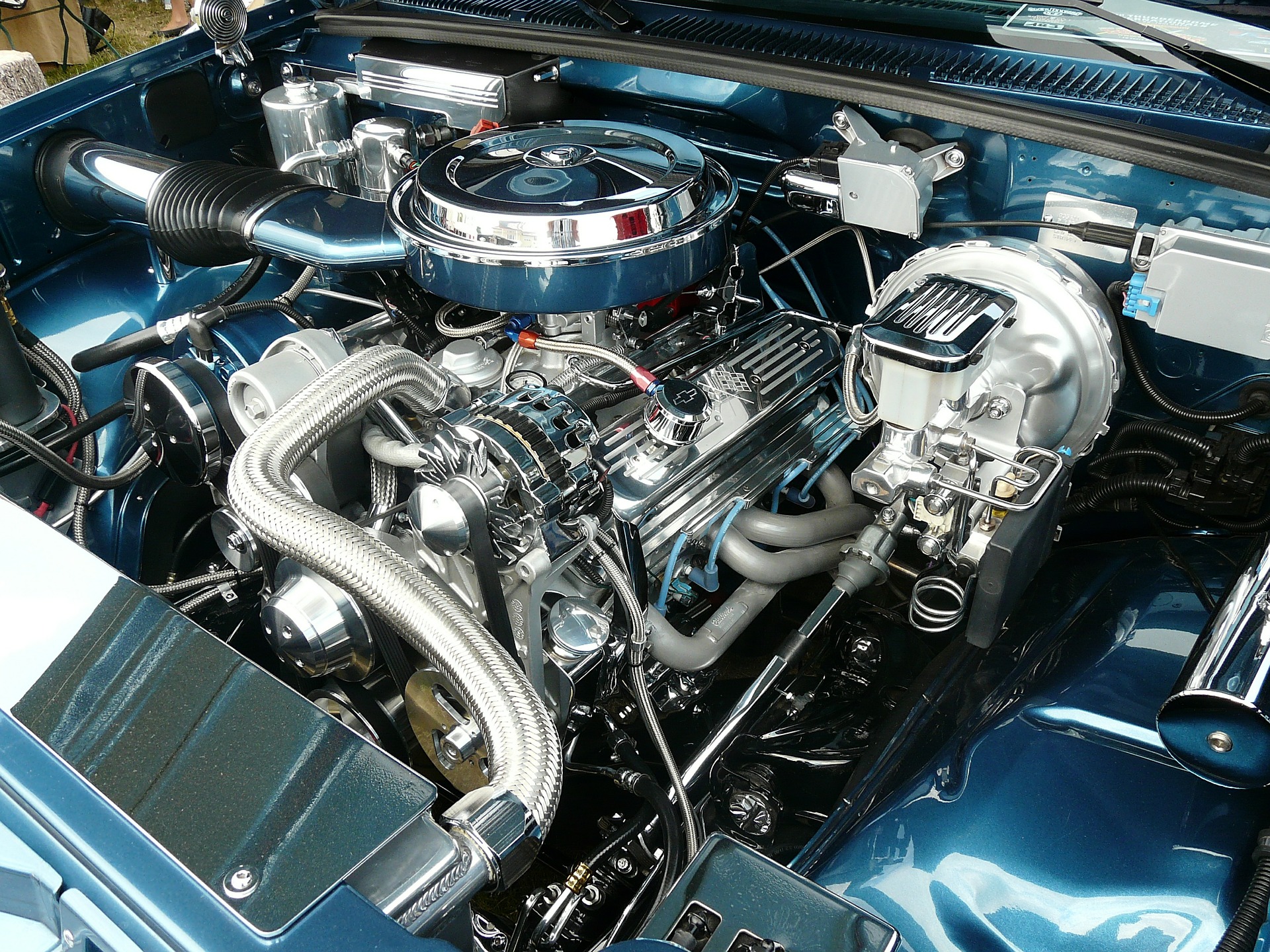
Everyone's heard it the sweet sound of a V-8 engine powering a beautiful and intricately designed car. The alluring engine is loved by nearly every car enthusiast and has a distinctive sound.
Each car brand offering vehicles with V-8 engines has a trademark type of sound, but how is the unique sound made?
A Balancing Act
Vehicle performance engineers research each engine to find the perfect balance between meeting noise control standards set by officials and pleasing customers who love the sound of the engine.
On the legal side of car manufacturing, the Noise Control Act of 1972 addresses sources of noise, including motor vehicles, machinery, appliances, and other commercial products. " It gave the Environmental Protection Agency (EPA) the power to regulate noise based on the degree of noise reduction available to each product and source.
The group works to protect people from extremely loud engines, as well as vehicles that make little to no sound like hybrids. They require the re-chargeable cars to have some level of noise so blind pedestrians or those who have low vision can detect the car being near them.
The Good, the Bad, and the Ugly
The engineers work to satisfy customers through exhaust tuning development. They record the engine's sound and take it back to a lab to measure it. Depending on the assessment, they'll go back to the engine's design and make necessary adjustments, like increasing or decreasing airflow velocity.
While testing is a way to study and ultimately produce the good sounds an engine makes, engineers must also pay attention to the bad sounds. They rely on climate-controlled road simulators to do just that. The signature V-8 Camaro sound requires the artificial environment to find a balance between the right sound. The climate tests subject cars to 20-120 F temperatures to hear how the exhaust and engine handle extreme temperatures. It's crucial to listen for rattling or anything that may sound like its coming loose.
Torture tests are also used. The car is put through physical distress to try and find the same sort of negative sounds as the climate simulator is used for. Engineers work to find the exact source of the sound.
Supreme Sounding V-8 Engines
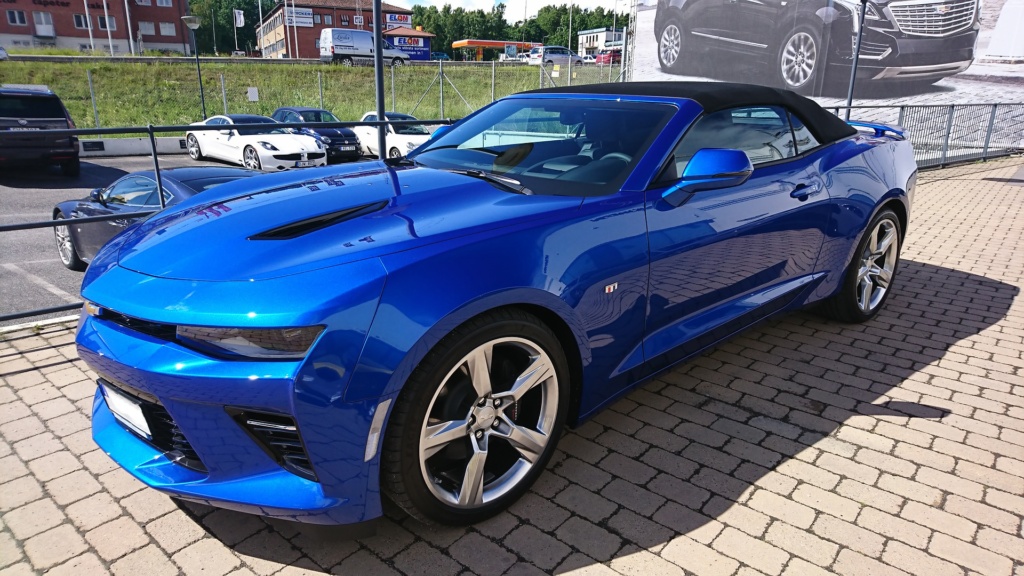
Once the appealing sounds are developed and the cringe-worthy noises are weeded out, the engine is harmonious to listen to.
The V-8 engine is common in some of the most powerful sports cars. In addition to the Camaro, a few other pleasing V-8 engines are in the Maserati GranTurismo, Porsche 918, the Jaguar F-Type R, and the Ford GT 5.4L.
In recent years, the car industry began slowly moving away from V-8 engines because of changing fuel economy. Sports cars will likely still utilize them by making slight modifications through downsizing the cylinder count; however, brands like Audi are doing away with it for a sole V-10 engine.
Sources: https://mylifeatspeed.com/the-coveted-v8-engine-a... https://www.zeroto60times.com/2015/10/25-of-the-best-sounding-v8-cars/ https://mylifeatspeed.com/the-coveted-v8-engine-a... https://ballotpedia.org/Noise_Control_Act_of_1972 https://mylifeatspeed.com/the-coveted-v8-engine-a...


